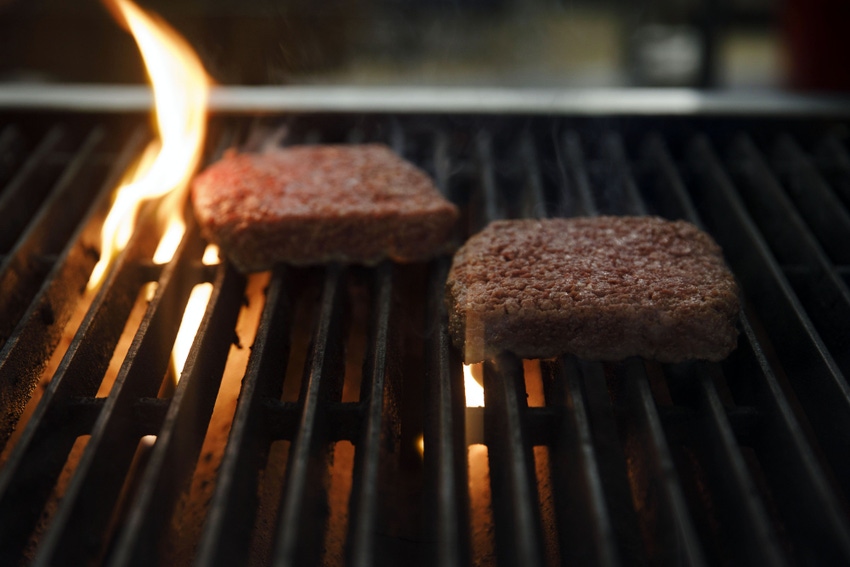Products struggling to compete with conventional meat due to higher cost and waning consumer curiosity.

By Tatiana Freitas
A maker of veggie burgers and plant-based meat products backed by a multinational joint venture expects demand for fake meat to resume its exponential growth as food inflation eases and products improve. PlantPlus Foods Chief Executive Officer John Pinto said his company sees global sales of plant-based food surging to $30 billion in a decade, after stalling in recent years around the $2 billion mark. His company is a joint venture between Brazilian meat giant Marfrig Global Foods and U.S. agribusiness Archer-Daniels-Midland Co.
Plant-based burgers and sausages are struggling to compete with the real thing due to their higher cost and waning consumer curiosity. To reignite growth, companies will have to increase their products’ variety, taste and nutrition, Pinto said. They also need to lower costs and sell cheaper products, he added.
“Plant-based consumption has slowed down due to the macroeconomic scenario and all the supply-chain hurdles that all the food sector faced over the past years,” Pinto said in interview. “We see this moment as a chapter on the sector’s expansion process.”
Plant-based foods that mimic the taste and feel of meat have in particular lost ground after an initial period of rapid growth. US sales of refrigerated alternative meat products slumped 18% in dollar terms and 20% by volume during the 52 weeks ending May 21, according to data from Circana, which tracks market data. Euromonitor, another provider of market data, projects global sales of meat and seafood alternatives reaching $11 billion in 2027.
Some competitors haven’t been able to keep investing amid the recent slump and may be forced out of the market, Pinto said. JBS SA, the world’s largest meat supplier, last year announced it was discontinuing operations at Planterra, its US plant-based business, amid softening demand. The company is still producing plant-based meat in Brazil and Europe.
Nonetheless, companies that have made a “long-term bet on plant-based will keep investing to develop the category,” Pinto said.
Chicago-based PlantPlus Foods is 70% owned by Brazil’s Marfrig, the world’s second-largest beef producer, while the crop trader ADM owns the rest. The company owns the Hilary’s brand, which makes veggie burgers, and Canada’s Sol Cuisine, which makes plant-based versions of hamburgers, meatballs, chicken and fish.
After spending about $140 million in 2021 to buy Sol Cuisine and Hilary’s, Pinto said PlantPlus is chasing more acquisitions to expand its portfolio of products.
In Brazil, where the company supplies plant-based burgers to Burger King, PlantPlus announced earlier this month a partnership with BRF SA, one of the nation’s biggest food companies, to boost its portfolio of products to almost 30 items, including frozen vegetables and veggie meals in addition to fake meat products.
(Corrects information on ownership stakes in eighth paragraph.)
--With assistance from Deena Shanker.
© 2023 Bloomberg L.P.
About the Author(s)
You May Also Like

.png?width=300&auto=webp&quality=80&disable=upscale)

